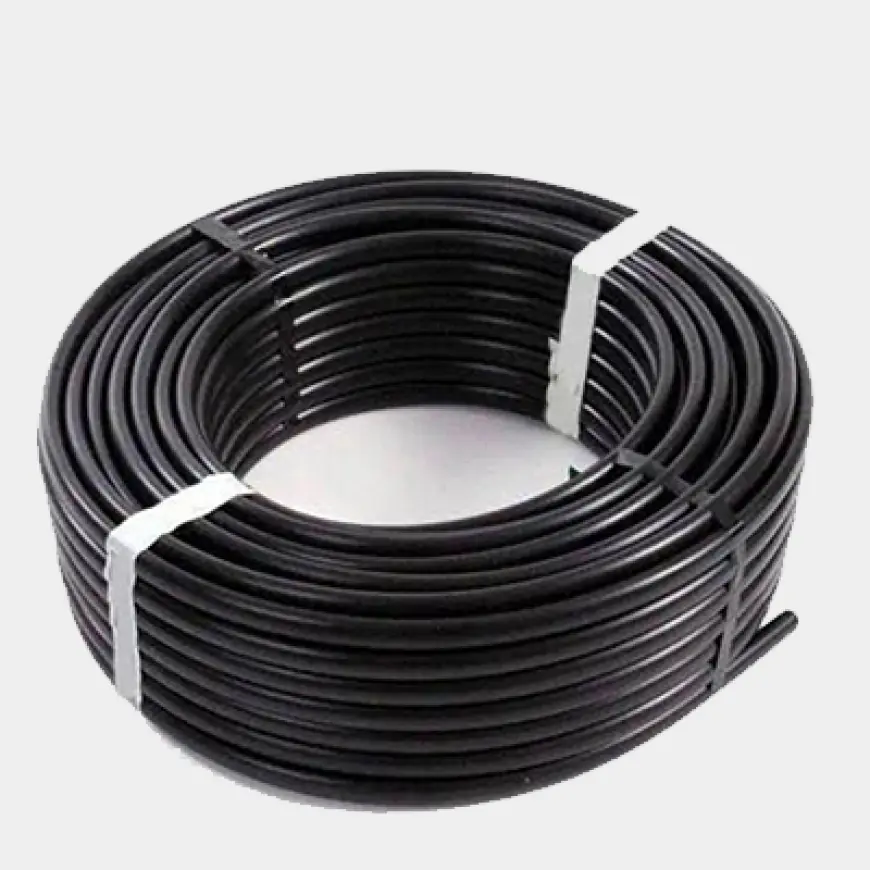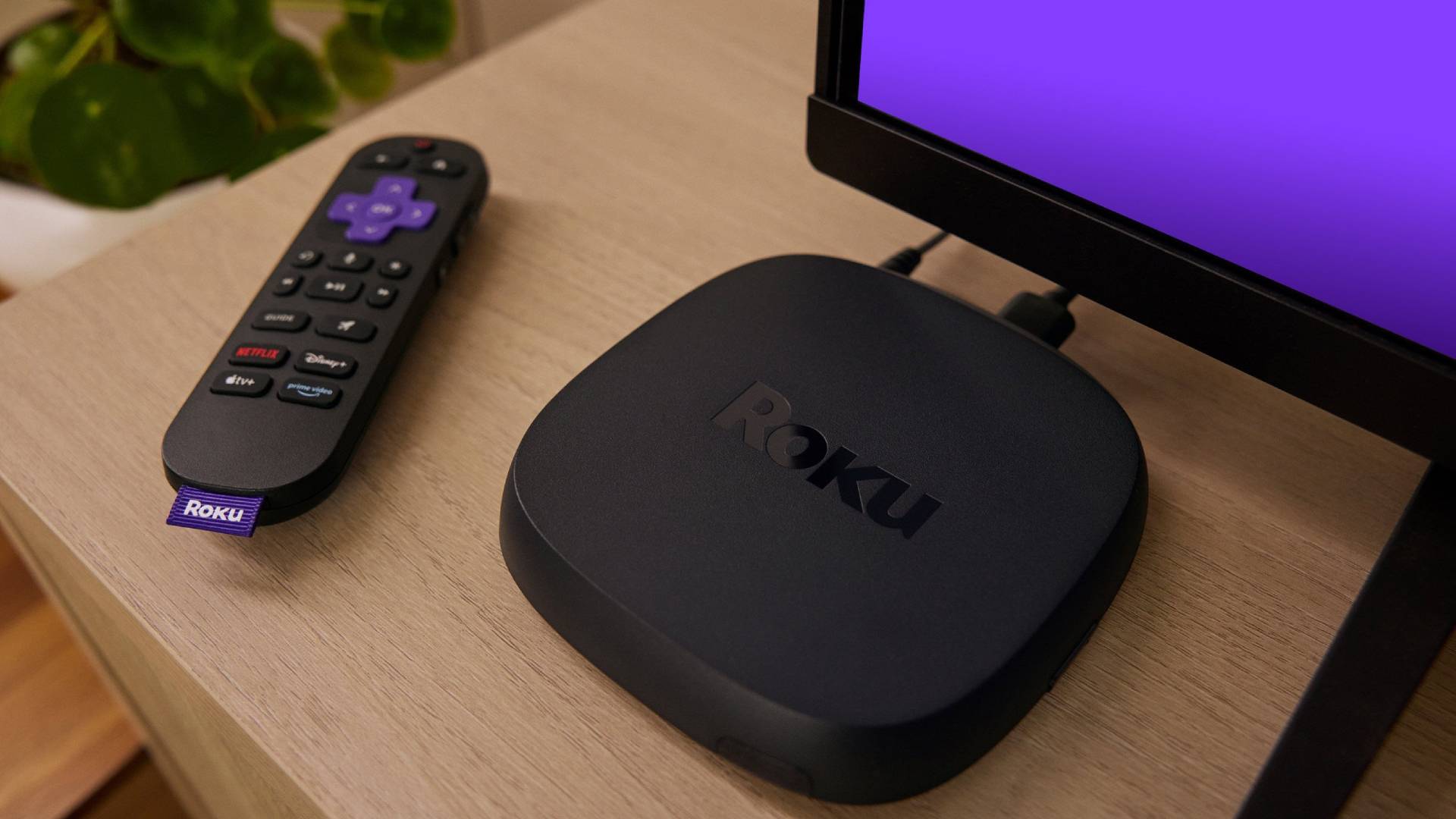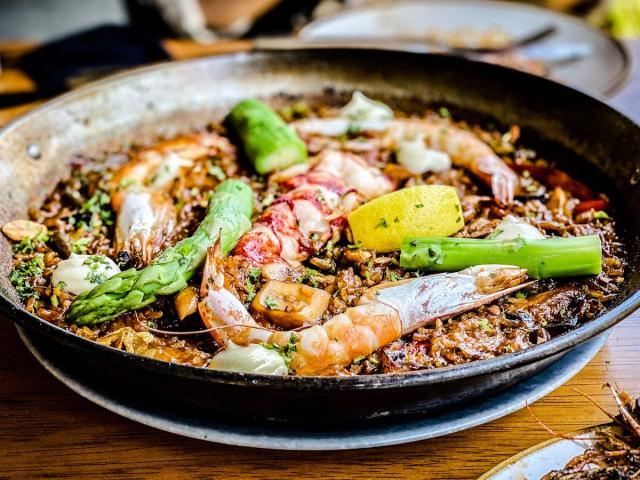Key Factors to Consider When Selecting HDPE Pipes for JJM Projects

The Jal Jeevan Mission (JJM) is one of India’s most ambitious initiatives aimed at providing safe and adequate drinking water to rural households through Functional Household Tap Connections (FHTC). Given the vast scale and long-term sustainability requirements of this project, selecting the right piping material is crucial. HDPE pipes for JJM have emerged as the most preferred choice due to their durability, cost-effectiveness, and ability to withstand diverse environmental conditions. However, choosing the best HDPE pipes for JJM projects requires careful consideration of several key factors.
1. Quality Standards and Certification
Ensuring compliance with BIS (Bureau of Indian Standards) and other regulatory norms is a critical factor when selecting HDPE pipes for JJM. These standards ensure that the pipes meet the required quality, strength, and performance criteria. Some of the key certifications to check for include:
-
IS 4984: 2016 - Specification for HDPE pipes for potable water supply
-
ISO 4427 - Standards for polyethylene pipes and fittings for water supply
-
NSF/ANSI 61 - Certification for safe drinking water applications
Before procurement, it is essential to verify that the pipes meet these quality benchmarks to ensure safe and long-lasting performance in JJM water supply projects.
2. Pipe Material Grade and Durability
HDPE pipes come in different grades, with PE 63, PE 80, and PE 100 being the most common. Among these, PE 100 HDPE pipes are widely used in JJM projects due to their high strength, superior resistance to environmental stress cracking, and long lifespan of over 50 years.
-
PE 63 – Suitable for low-pressure applications but not ideal for large-scale water supply networks.
-
PE 80 – Offers better strength and durability, suitable for moderate water pressure applications.
-
PE 100 – High-density material with excellent mechanical properties, making it the best choice for HDPE pipes for JJM.
Selecting the right grade ensures the pipes can handle pressure variations and environmental challenges in rural water supply schemes.
3. Size and Pressure Rating
HDPE pipes come in various diameters and pressure ratings. The selection depends on the water demand, pipe layout, and topographical conditions of the project location.
-
Diameter Range – HDPE pipes are available from 20 mm to 1000 mm in outer diameter. The selection should be based on the flow requirements of the JJM scheme.
-
Pressure Rating (PN Rating) – The pressure rating is crucial in determining the pipe’s ability to handle internal water pressure. Common PN ratings for HDPE pipes for JJM include PN 6, PN 10, PN 12.5, and PN 16.
Choosing the appropriate size and pressure rating prevents pipe failures and ensures an efficient water distribution system.
4. Resistance to Corrosion and Chemical Attack
One of the major advantages of HDPE pipes for JJM is their superior resistance to corrosion, rust, and chemical degradation. Unlike conventional metal pipes, HDPE pipes do not corrode when exposed to soil chemicals, making them ideal for underground installations.
Additionally, these pipes are UV-resistant, ensuring durability even in harsh climatic conditions. This feature significantly reduces maintenance costs and extends the lifespan of the water supply infrastructure under the Jal Jeevan Mission.
5. Leak-Proof and Jointing Efficiency
Efficient jointing is critical in large-scale water projects like JJM to prevent water loss and contamination. HDPE pipes offer various jointing options, including:
-
Butt Fusion Welding – Creates a seamless, leak-proof joint, ensuring high durability.
-
Electrofusion Welding – Provides superior joint strength, making it suitable for high-pressure applications.
-
Mechanical Couplings – Allows easy installation and repair but may not be as robust as fusion welding.
Selecting HDPE pipes for JJM with high jointing efficiency ensures a zero-leakage water supply system, improving operational efficiency and reducing water wastage.
6. Flexibility and Earthquake Resistance
Unlike rigid pipe materials, HDPE pipes are highly flexible, allowing them to withstand ground movements, seismic activities, and external loads. This characteristic is particularly important for JJM projects in areas prone to:
-
Soil erosion and shifting
-
Earthquakes or natural calamities
-
Heavy vehicular load or road crossings
The flexibility of HDPE pipes minimizes the risk of cracks and pipe failures, ensuring a reliable water distribution system for JJM.
7. Lightweight and Easy Installation
HDPE pipes are much lighter compared to traditional metal or concrete pipes, making transportation and handling easier. This results in:
-
Reduced transportation costs
-
Faster and more efficient installation
-
Lower labor costs and overall project expenses
The ease of installation of HDPE pipes for JJM helps in completing rural water supply projects faster and with fewer logistical challenges.
8. Sustainability and Eco-Friendliness
Sustainability is a key factor in government projects like Jal Jeevan Mission. HDPE pipes are 100% recyclable, making them an eco-friendly choice for water supply systems. Their energy-efficient manufacturing process and minimal environmental impact align with the mission’s goal of sustainable water supply infrastructure.
9. Cost-Effectiveness and Long-Term Performance
While the initial investment in HDPE pipes may be slightly higher than other materials, the long-term cost savings make them a highly economical choice. Benefits include:
-
Low maintenance costs due to corrosion and leak resistance.
-
Long lifespan of 50+ years, reducing the need for frequent replacements.
-
Energy-efficient water flow due to the smooth internal surface, lowering pumping costs.
Considering cost-effectiveness in JJM projects, HDPE pipes are the most viable option for ensuring uninterrupted and affordable water supply.
10. Manufacturer Reliability and After-Sales Support
Choosing a reputed manufacturer is crucial when procuring HDPE pipes for JJM. Factors to consider include:
-
Proven track record in supplying HDPE pipes for government projects.
-
Availability of technical support and guidance for installation.
-
After-sales service and warranty options.
At Ashish Pipes, we specialize in manufacturing premium-quality HDPE pipes for JJM projects, ensuring superior durability, efficiency, and compliance with industry standards. Our products are designed to support the Jal Jeevan Mission’s vision of providing safe drinking water to every household in India.
Conclusion
Selecting the right HDPE pipes for JJM projects is crucial for ensuring a sustainable, efficient, and cost-effective water supply network. By considering factors like quality standards, pipe grade, size, jointing efficiency, corrosion resistance, and cost-effectiveness, stakeholders can make informed decisions that contribute to the long-term success of Jal Jeevan Mission.
For high-quality HDPE pipes for JJM, visit Ashish Pipes and explore our range of durable and certified piping solutions. Let's build a strong and sustainable water infrastructure for the future!
What's Your Reaction?
 Like
0
Like
0
 Dislike
0
Dislike
0
 Love
0
Love
0
 Funny
0
Funny
0
 Angry
0
Angry
0
 Sad
0
Sad
0
 Wow
0
Wow
0





















































